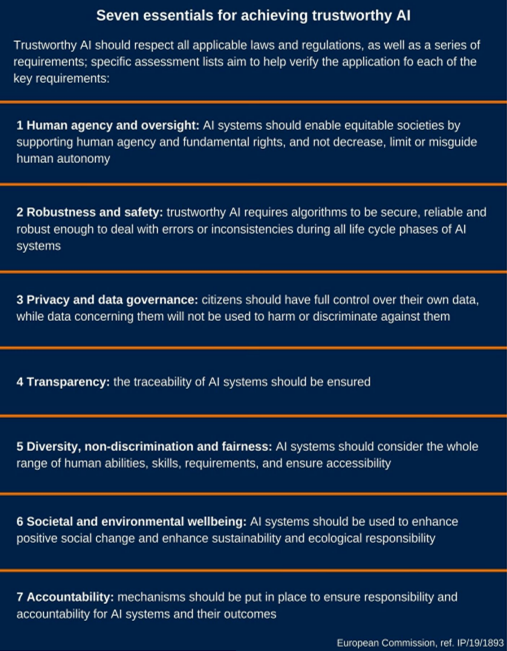You're Not Alone
Recent research about the use of AI in marketing and how marketers feel about AI reveals a contradiction: while nearly all surveyed marketers are using AI to some extent, even if they’re just experimenting with it, and a majority of marketers are optimistic about the value of AI for marketing, 70% of marketers feel overwhelmed by the changes brought on by AI.
There is the promise that marketers will save five or more hours per week using generative AI, and there is the reality that marketers must spend that amount of time or more learning about AI and keeping up with the rapid changes in AI.
Marketers Are Probably Behind in Adopting AI
One of the challenges to understanding what’s going on with AI adoption is that surveys can’t keep up with rapid changes. In 2022, IBM reported that 23 percent of marketers had adopted AI in their work. In a different survey in 2023, Salesforce reported that 51% of marketers reported using it or experimenting with it at work. Only 35% of salespeople and 24% of customer service people reported using AI in the same survey. IT reported the highest levels of adoption.
Training is an Issue
According to the 2023 State of Marketing AI report, 78% of respondents say their employers have no internal AI-focused education or training. Predictably, a lack of education and training topped the list of barriers to adopting AI in the same survey.
Policies Around Transparency and Ethics are Also a Problem
According to the 2023 State of Marketing AI report, only 22% of organizations have generative AI policies. And only 21% of organizations have an AI ethics policy. Writers owe it to their readers to be transparent about AI-generated content versus human-generated content. Note, this blog post is 100% human-generated.
An AI ethics policy has to address many issues. The EU AI Ethics Guidelines put forward 7 key requirements, as shown in the diagram below.

It’s a lot to think about.
What Can Marketers Do?
While it’s clear that AI has tremendous utility today in marketing and even more promise for the future, there’s a lot of work to be done to realize this promise. Here are a few suggestions for marketing leaders who want to realize the potential for AI in their organizations:
- Provide Education and Training – There will be marketers who train themselves and who are already using AI effectively, but many employees will not find the time or know where to find the information to train themselves. Put formal education and training programs on using AI in marketing in place and ensure all your marketing employees participate.
- Establish Transparency and Ethics Guidelines – If your organization doesn’t have AI transparency and ethics guidelines in place, create them for the marketing organization. Companies like Microsoft and SAP have models that other companies can learn from.
- Re-Examine Your MarTech Stack – Most marketers will use AI through the tools that are part of your MarTech stack more often than they will use generative AI tools like ChatGPT or MidJourney. Are the tools you use today the leaders in using AI to enhance their products? Due to AI, are there new product categories you need in your MarTech stack? Don’t wait for IT to make these decisions; marketing needs to examine the opportunities and possibilities of an AI-enhanced MarTech stack.
- Move Beyond Automating Busywork – In a 2023 Canva survey, 97% of marketers surveyed said they are “comfortable” with generative AI because it “allows them to leave the busywork behind.” One of the promises of AI for marketers is to increase their productivity, but that isn’t the biggest opportunity. The biggest opportunities are to improve the customer experience through personalization and new capabilities and to gain a competitive advantage over those who are slower to adopt AI in your industry.
Conclusion
If you’re overwhelmed by the pace of AI adoption in marketing, you’re not alone. Education, training, transparency and ethics guidelines are all holding back AI adoption and leading to that feeling of being overwhelmed.
But marketing leaders in particular, and individual marketers in general, can address that feeling of being overwhelmed by getting the right education and training, establishing transparency and ethics guidelines, re-examining their MarTech Stack, and moving beyond seeing AI as just a tool for automating busywork.

